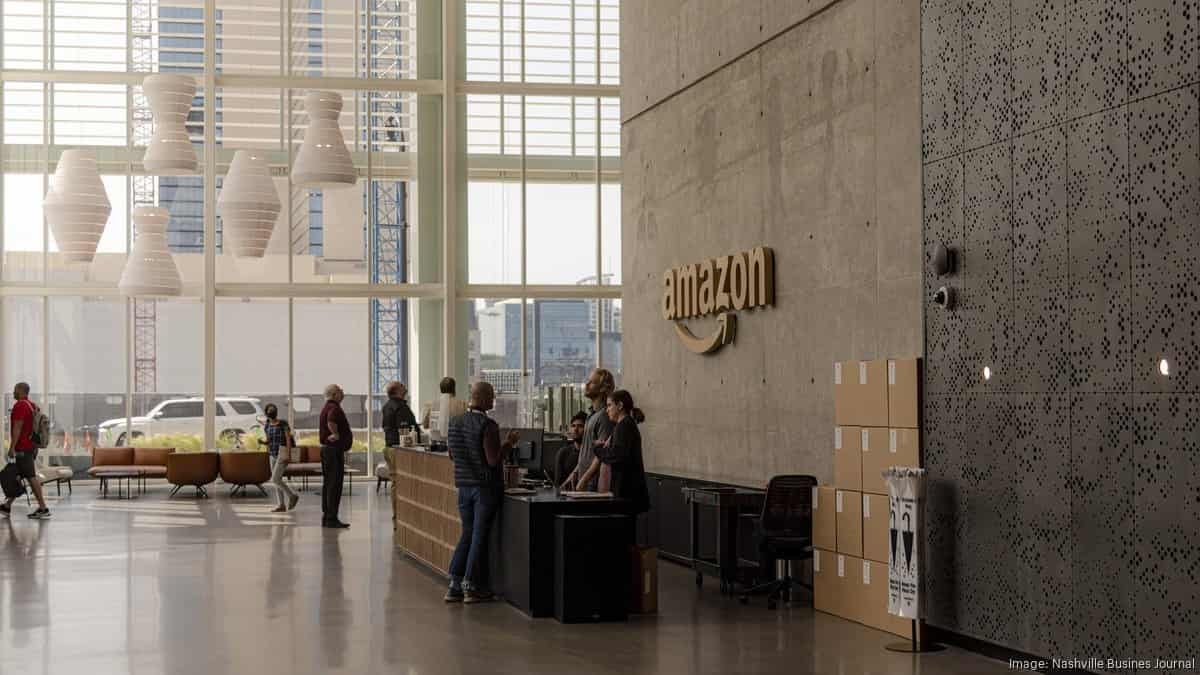Teletrabalho não convence gigantes: Amazon quer regresso aos escritórios.
No início de Junho do ano passado disse que todos sabem que é verdade, mas apenas alguns têm a coragem e a liberdade para o poderem escrever.
A notícia no Pplware: Teletrabalho não convence gigantes: Amazon quer regresso aos escritórios.
No início de Junho do ano passado disse que todos sabem que é verdade, mas apenas alguns têm a coragem e a liberdade para o poderem escrever.
Entre as reacções privadas que recebi a essa publicação, funcionários indicando que não querem abdicar do tempo que deixaram de perder em comutas, da comida caseira, mais saudável, nem da maior qualidade de vida, com mais tempo para eles e para a família, mas confessando que a sua produtividade em trabalho remoto é muito menor, porque há "demasiadas distracções" e "é muito mais rápido esclarecer dúvidas e coordenar trabalho presencialmente, do que agendando conferências Zoom ou Teams".
E gestores alinhados exactamente com os desafios das multinacionais acima: “sei que os funcionários produzem menos, muito menos até, mas não quero ser o primeiro do meu sector a tomar medidas pouco populares, até porque a mão de obra qualificada escasseia”.
Eis a posição de algumas empresas, relativamente ao teletrabalho:
Amazon: "It’s easier to learn, model, practice, and strengthen our culture when we’re in the office together most of the time and surrounded by our colleagues. It’s especially true for new people (and we’ve hired a lot of people in the pandemic); but it’s also true for people of all tenures at Amazon. When you’re in-person, people tend to be more engaged, observant, and attuned to what’s happening in the meetings and the cultural clues being communicated. (...) Collaborating and inventing is easier and more effective when we’re in person. (...) Learning from one another is easier in-person. (...) Teams tend to be better connected to one another when they see each other in person more frequently. There is something about being face-to-face with somebody, looking them in the eye, and seeing they’re fully immersed in whatever you’re discussing that bonds people together. Teams tend to find ways to work through hard and complex trade-offs faster when they get together and map it out in a room.
These are just a few examples, but they’re important ones with respect to our overriding priority to deliver for customers and the business. And ultimately, they’ve led us to conclude that we should go back to being in the office together the majority of the time (at least three days per week)."
Apple: "In the coming weeks and months, we have an opportunity to combine the best of what we have learned about working remotely with the irreplaceable benefits of in-person collaboration."
Facebook: "Our early analysis of performance data suggests that engineers who either joined Meta in-person and then transferred to remote or remained in-person performed better on average than people who joined remotely. This analysis also shows that engineers earlier in their career perform better on average when they work in-person with teammates at least three days a week. This requires further study, but our hypothesis is that it is still easier to build trust in person and that those relationships help us work more effectively."
Google: "Bosses want employees back in the office. "We'll get everyone back into the office eventually. I just don't want to pick that fight now," Bock says one Google executive told him."
Microsoft: “85% of leaders say that the shift to hybrid work has made it challenging to have confidence that employees are being productive. And as some organizations use technology to track activity rather than impact, employees lack context on how and why they’re being tracked, which can undermine trust and lead to “productivity theater.” This has led to productivity paranoia: where leaders fear that lost productivity is due to employees not working, even though hours worked, number of meetings, and other activity metrics have increased.
Many leaders and managers are missing the old visual cues of what it means to be productive because they can’t “see” who is hard at work by walking down the hall or past the conference room. Indeed, compared to in-person managers, hybrid managers are more likely to say they struggle to trust their employees to do their best work (49% vs. 36%) and report that they have less visibility into the work their employees do (54% vs. 38%). And as employees feel the pressure to “prove” they’re working, digital overwhelm is soaring."
Tesla: "Elon Musk has reportedly told Tesla employees that they must put in a minimum of 40 hours per week in the office if they also wish to do remote work. (...) Moreover, the ‘office’ must be a main Tesla office, not a remote branch office unrelated to the job duties (...)"
Twitter: "Musk is not a fan of remote work. Back in November, he ended Twitter's work-from-home accommodations, telling employees within driving distance of the office that they needed to show up in person or consider their "resignation accepted.""




